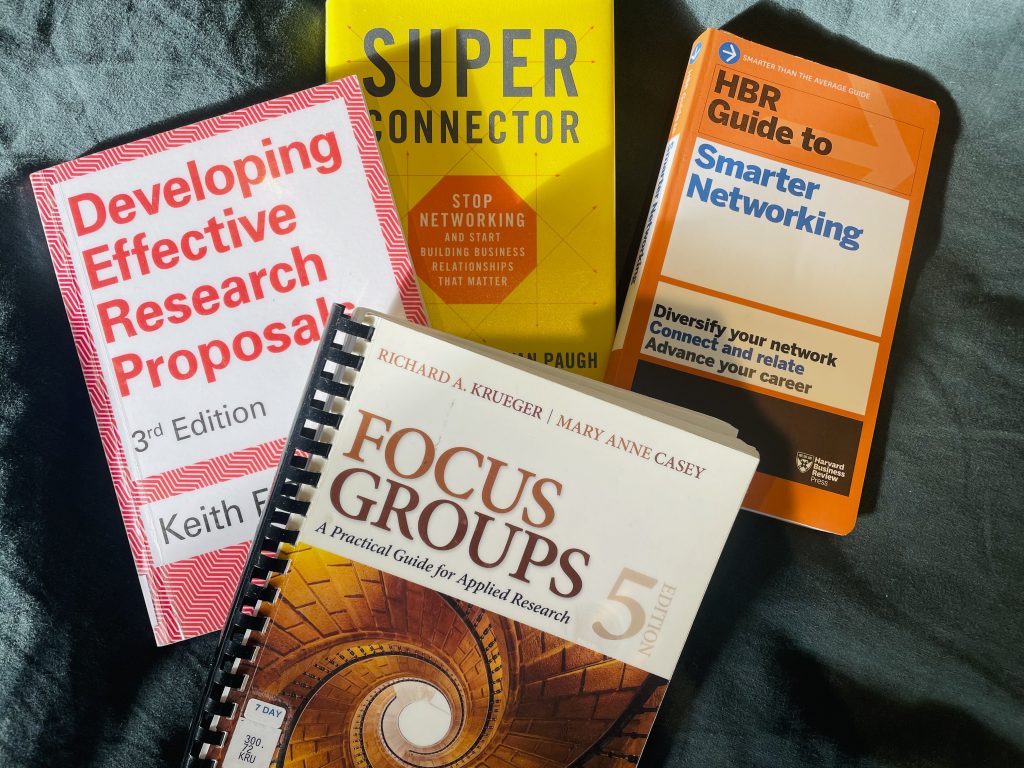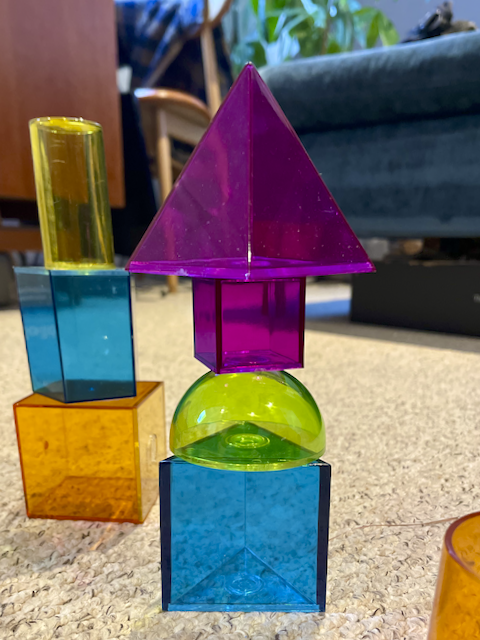Expert Encounter
I’m planning an experimental, small-scale action research intervention, “Expert Encounter”, to improve the validity and quality of masters projects for MA Innovative Fashion Production students.
It is designed to address the problem, identified in a teaching team meeting earlier this year, that students are reluctant to seek expert advice early enough to react and implement it in their projects. As a result, some projects lack in relevance and feasibility.
Although the project idea directly derives from the Human Library (2025), whose primary purpose is to combat people’s prejudices and promote inclusivity, I prefer to refer to my intervention as an Expert Encounter to avoid ambiguity. The Human Library typically invites people with protected characteristics to elicit on their lived experiences.
In contrast, I plan on using this method primarily for academic enhancement, inviting staff, industry experts and alumni to meet and converse with the students. However, I hope that it contributes to a decrease in social barriers and an increase in community and belonging amongst the students, both learnings that Summer, a social work student, highlighted in an interview about her experience of the Human Library session run by Leah Cox at the Universtity of Winchester in March this year (Different Perspectives: A Social Work Podcast, 2025, min. 9:28).

The intervention is planned to take place after the students have settled on their topics (see fig. 2) and worked on them for about 10 weeks, more than half their total time, before their final project presentations, and 8 weeks before submission, leaving them enough time for implementation.

The 24 students will be split into 2 groups of 12 students of similar and overlapping research topic interest. In our last weekly team meeting, I brought forward for discussion which broad areas those could be. Together, we identified Pattern Projects and Digital to Physical, each associated with related research topics for which we thought of some potential experts.

The experts are invited to speak about their experiences for one hour, folllowed by an hour in small student groups of 6 to have conversations. The students and the experts will have 30 minutes to converse. Informed by Summer’s explicit positive feedback that “it was really nice to just sit down and chat” opposed to prior experience on a different unit where they “had to prepare questions [..] and that made it quite a nerve wrecking experience” (Different Perspectives, 2025, min. 8:28). Thus, I don’t intend to structure those conversations, but rather observe or gently help conversations starting, if needed.
References
Different Perspectives: A Social Work Podcast (2025) The Human Library with Summer 27 March. Available at: https://open.spotify.com/episode6xsSfBnjZIxmaNsKMi2zf8?si=iQ3lYFKyT9SOVEgSYlJArA Accessed: 26 May 2025
Human Library (2025) Human Library Available at: https://humanlibrary.org/ Accessed: 26 May 2025
Tierney and McGill (2014) The 5 Minute Research Plan Available at: https://www.teachertoolkit.co.uk/2014/02/01/5-minute-research-plan/ Accessed: 26 May 2025
Appendix




